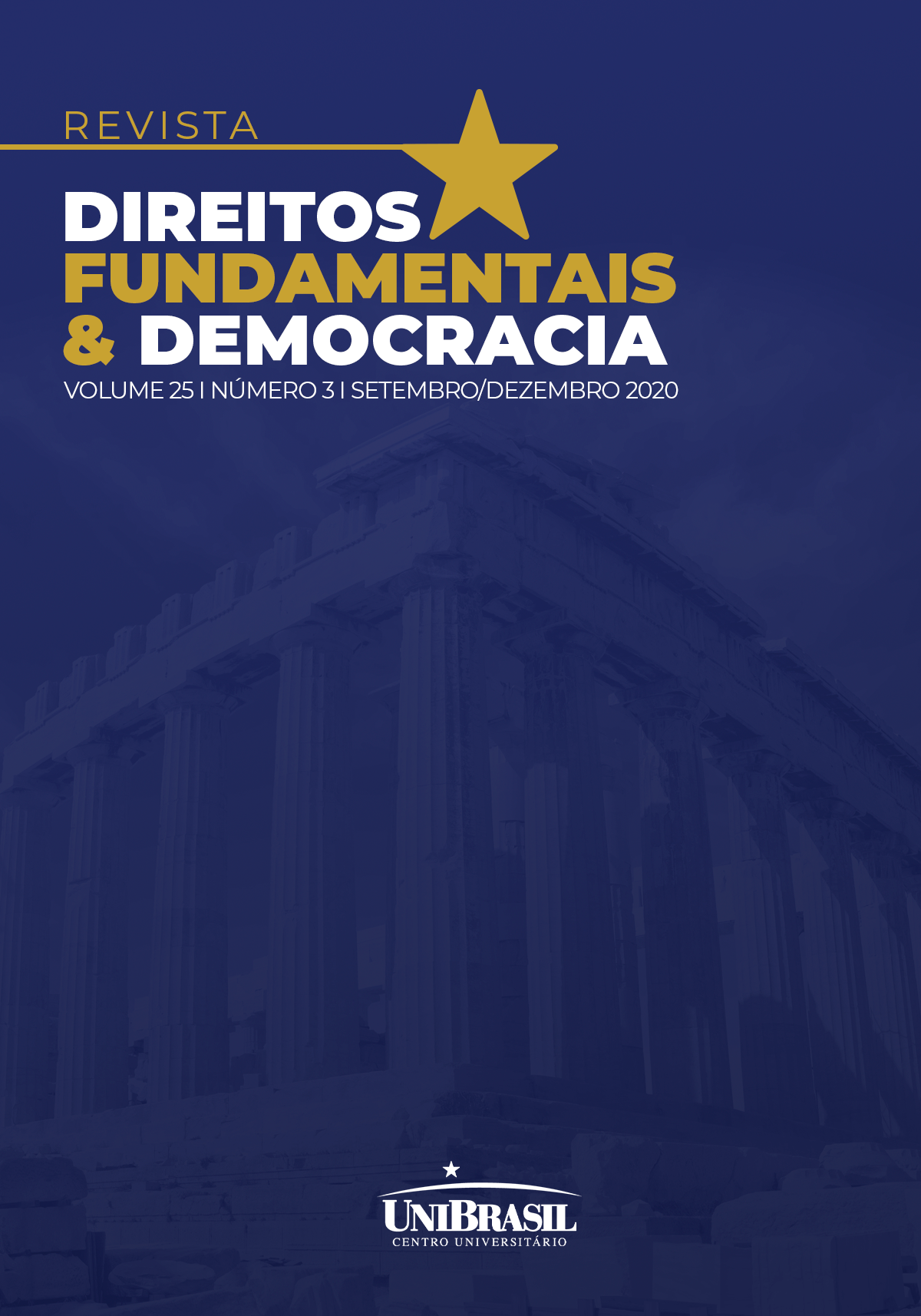PERSONS WITH DISABILITIES AND PROCEDURAL PERFORMANCE
THE EXERCISE OF FUNDAMENTAL RIGHTS.
DOI:
https://doi.org/10.25192/issn.1982-0496.rdfd.v25i31881Abstract
This article discusses some peculiarities about the performance of people with disabilities in a procedural legal relationship. The study was conducted from a literature review of the legal and sociological area, plus the analysis of relevant legislation in order to achieve its objective as the definition of the performance of persons with disabilities in a judicial process as an exercise of fundamental rights constitutionally guaranteed and that today have support in some technological tools, digital or not, available in the Brazilian Judiciary. As a result, the research brings the perception of the existence of limits imposed (discriminatory legal practices) and positions (potentialities) to people with disabilities, even though Brazil is a signatory to an extremely advanced statute and to have the New York Convention with the force of constitutional amendment in its system. Finally, the growth of anti-discriminatory law is aspired to as a fundamental point for the beginning of the finalization of practices that insist on creating situations that make it impossible for procedural subjects to act.
Downloads
Downloads
Published
How to Cite
Issue
Section
License
Copyrights for any articles published in the journal are given to the author and RDFD with first publication rights granted to the Journal. By virtue of their appearance in this open access journal, articles are free to use, with proper attribution, for educational and other non-commercial purposes in accordance with the creative commons.




